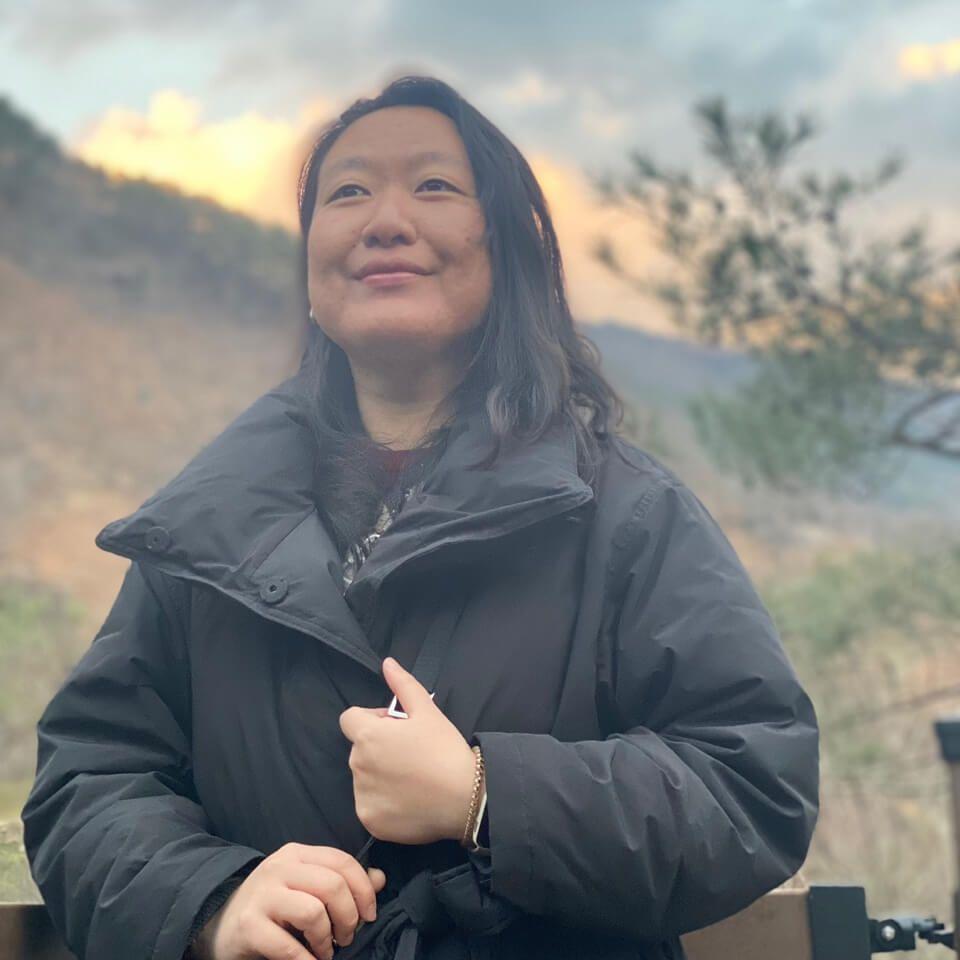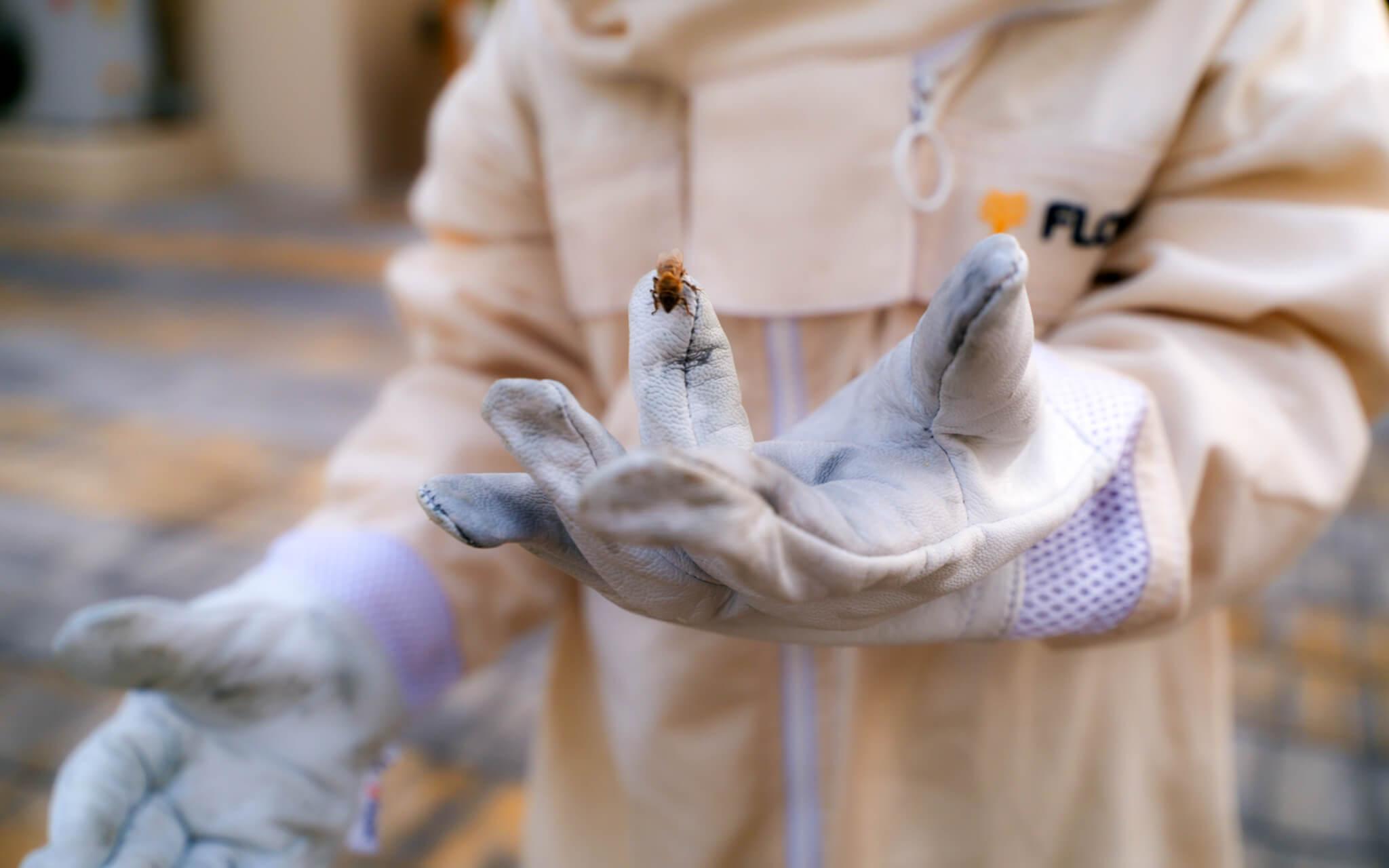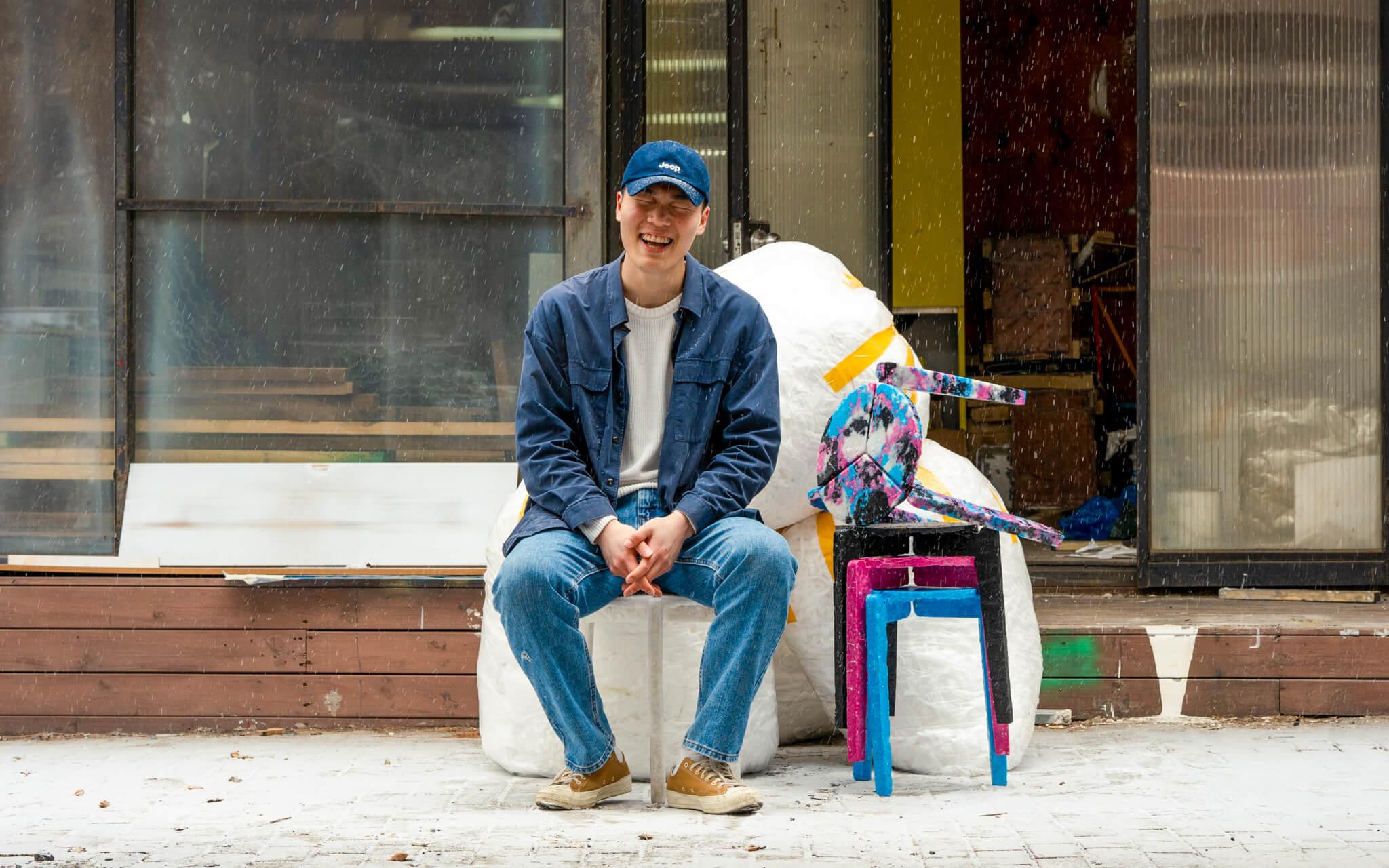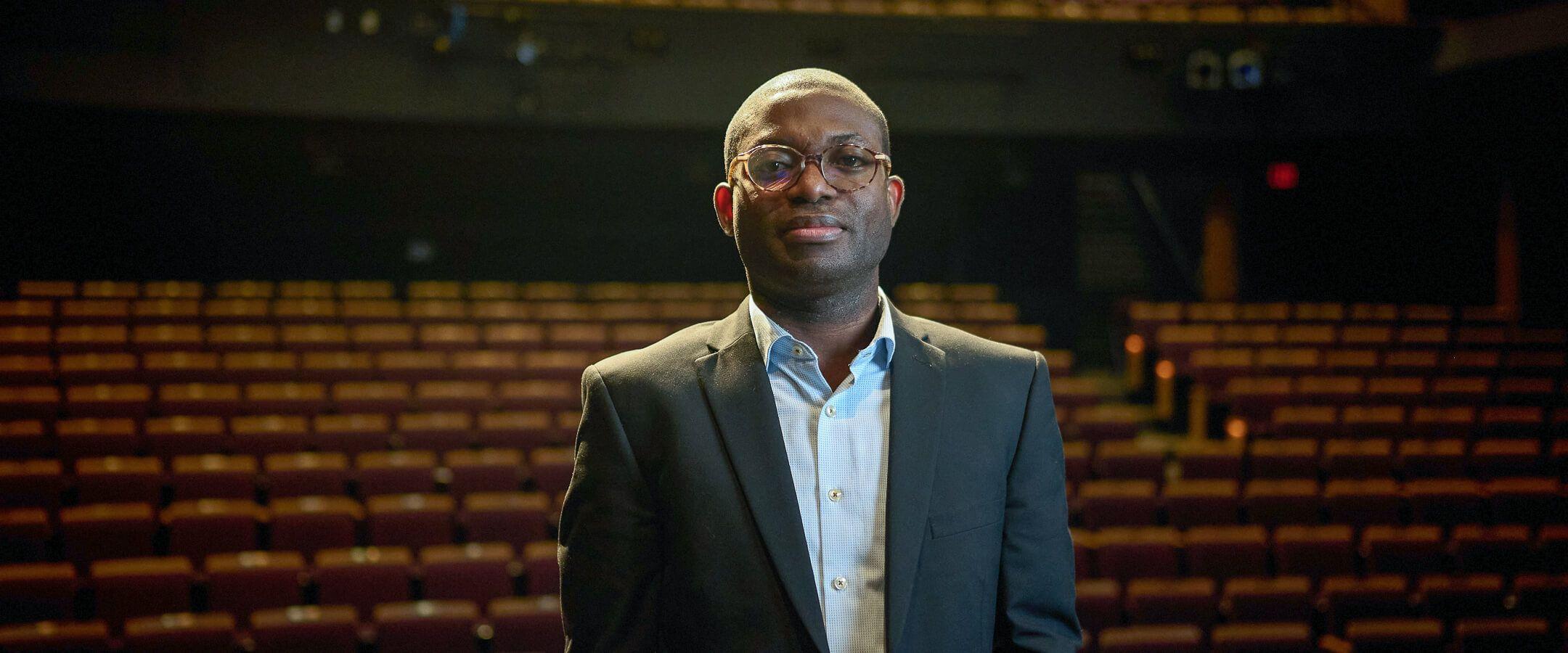Tearing Down Trash Mountain.
Buat Bumi, a low-quality plastic recycling project, is inspiring a community to rethink waste. Headed by two energetic leaders, Dian Kurniawati and Dewi Purwaningrum, Buat Bumi is on a mission to change Indonesia’s relationship with plastic.
On her first job as a management consultant, Dian Kurniawati was sent to work with clients in Papua – a beautiful island with lush, green mountains teeming with life. On this island, Dian beheld a sight that changed her life forever.
“It was a rich company,” Dian recalls. “They made a lot of money by mining gold and copper.” Dian witnessed the sight of this company’s exploitation firsthand – great pits of destruction made by gouging out the soaring mountains of West Papua. “I thought to myself, when I set up a business, it will not sacrifice nature to generate profit,” Dian says, recounting the barren pits robbed of their precious minerals.
When Dian returned to Jakarta, she started paying more attention to the waste problem in her surroundings – specifically, the mountains of plastic waste lining the outskirts. Without any background in environmental science, Dian created a female-led company called Tridi Oasis to tackle Indonesia’s plastic waste issues. Working alongside Dian is Dewi Purwaningrum, Project Manager and recycling advocate.
“Tridi Oasis was my first internship after graduation,” Dewi chimes in proudly. Now, a driving force behind the company’s ambitious low-quality plastic recycling project, Buat Bumi, Dewi shares how she met Dian when Tridi Oasis launched an internship program at her university in 2020.
“It’s in Bahasa – our language,” says Dewi. “‘Buat’ means ‘for’ and ‘Bumi’ means the Earth. So, the direct translation would be ‘For the Earth.’ We chose this name because we are doing this ‘for the Earth,’” Dewi proclaims. “Also, the Bs before the two words make the name sound catchy!” Dian adds, and the two break into infectious laughter. They seem more like sisters than coworkers.
A small project in Tangerang, Banten Regency, Buat Bumi, collects low-value, non-recyclable plastic waste stemming from the overconsumption of products. They specifically focus on products in small sachets, an overwhelming problem in the region.
“When you’re not in the waste management industry, you tend to blame the people for littering or the government for the lack of waste management infrastructure,” Dian explains. “But based on my experience so far, it’s a systematic problem that involves everyone – everyone is contributing. Therefore, the solution should come from everyone.”
Dian points out that the current waste collection does not involve the proper processing of low-quality plastic; rather, they’re just dumped into landfills. Multi-layered plastic, or low-quality plastic used for small amounts of products, such as shampoo or snacks, do not have designated bins or recycling instructions as they are not deemed reusable.
“And then there’s the matter of education,” Dian adds. “Without awareness, people litter these sachets and wrappers on the streets, which often clog waterways and cause floods during heavy rains. They don’t recycle them because there are no separate bins.
Buat Bumi started by collecting from warungs, or mini shops. These shops produced much of the waste choking the streets, and worse, many of the shops would burn excess plastic in their backyards.
“Initially, we’d collect as little as 100kg,” Dewi recalls.
“And then we started spreading awareness throughout the community of full-time housewives.” Dewi smiles. “And they got really into it.”
“We created incentives such as coupons for foods for these people to give us low-value plastics,” Dian adds. “The homemakers being eager to stay active made things interesting – creating competitions and whatnot!” Aside from being able to stay active, the participants noticed fewer floods caused by polluted waterways. “They’re happy with the changes they made on their own,” Dian says.
But based on my experience so far, it’s a systematic problem that involves everyone – everyone is contributing. Therefore, the solution should come from everyone.
Today, Buat Bumi project collects about 150 tons of low-quality plastics per month from shops, homemakers, and waste collectors. “Even our employees bring in their plastic waste from home in a bag. They commute to the office with big bags of trash!” And all that trash they collect is now being transformed into construction materials and pallets.
“When I talk to the housewives I work with and, through them, see the community actively getting involved, that is my proudest moment from this project,” Dewi says, glowing.
“There are too many moments I feel proud,” Dian adds. “I’m proud of the pallets we produced.” She glances over at Dewi; “Also, Dewi! I’m proud of her and her peers who work for Buat Bumi.”
“I came to the conclusion that the root of this waste is our need to consume more than we should,” Dian punctuates. “That’s the root of all the world’s wastes: consumption. If you think twice about whether you need something, you’re less likely to create waste.”
“My peers are aware, but it’s still not enough,” Dewi adds regarding her generation’s climate actions. “They still generate plastic waste,” she remarks worriedly, “while knowing it is wrong.”
“But your generation is a lot better than ours!” Dian counters with laughter. “We shouldn’t view these low-quality plastics as ‘waste,’ but more as raw materials with values,” she adds. “People don’t want to work in waste management because of the word ‘waste.’ I think we should call it resource management.”
Every day, Dian and Dewi tackle one of humanity’s most stressful issues - by the tons. And the changes, the impacts, and the awareness they are spreading (alongside their laughter) are truly transforming those around them.
So, whenever you say no to consuming products wrapped in low-quality plastic, remember these ladies and say to yourself, “Buat Bumi.”
Most Popular
The Climate Tribe delivers stories about Biodiversity and Conservation, Circular Economy, Food and Water , and how they intersect with climate.
Subscribe
Get the latest stories inspiring climate action around the globe straight to your inbox.






